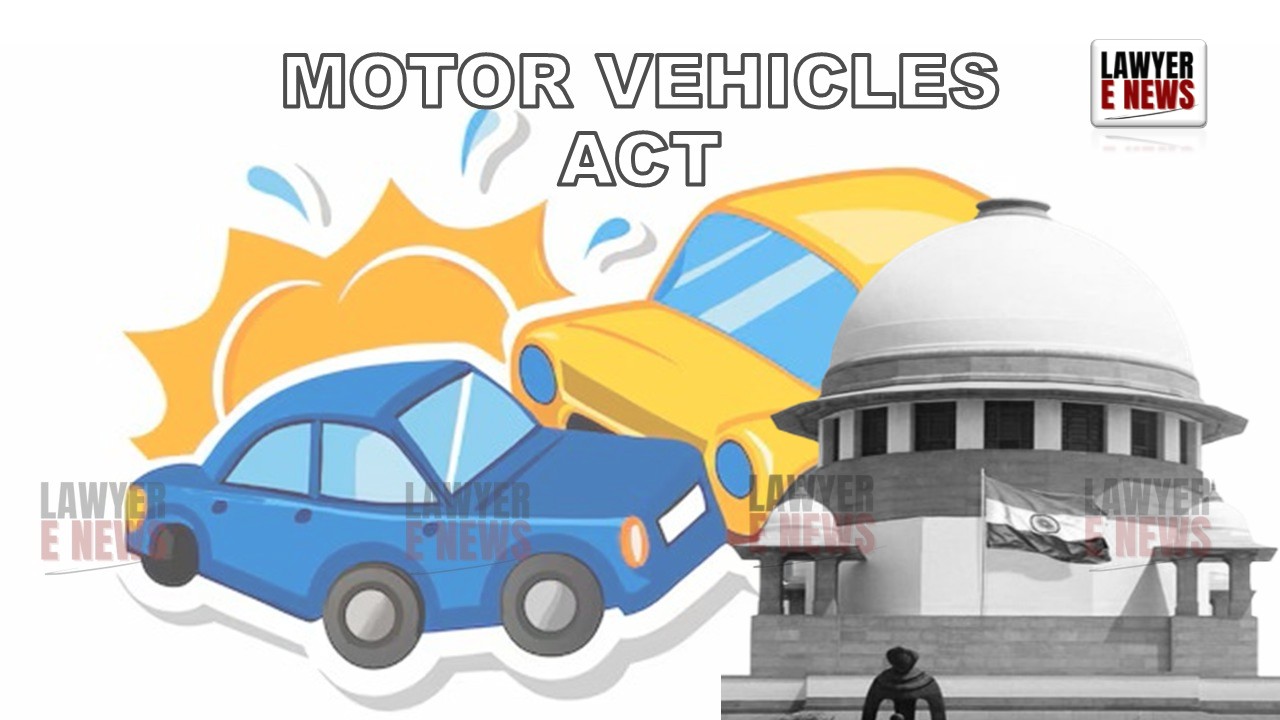-
by sayum
17 February 2026 8:32 AM



“Income Must Be Fairly Assessed Even Without Perfect Proof—Court Fixes Minimum Wages for Unskilled Labour and Applies Future Prospects” - On 8 May 2025, the Supreme Court of India enhanced compensation awarded to a road accident victim, observing that both the Tribunal and the High Court failed to fully appreciate the implications of a Syme’s amputation and inadequately assessed medical and income loss claims. The Bench of Justice K. Vinod Chandran and Justice Sudhanshu Dhulia raised the compensation from ₹12.65 lakhs to ₹17.06 lakhs, citing established legal principles for determining future income loss and medical damages.
“There can be an incremental increase for every year which at the least will be at ₹500 for every successive year... the salary of an unskilled worker in 2015 can be fixed at ₹10,000.”
“Syme’s Amputation Is Not a Minor Injury—Disability Must Be Justly Compensated”
The appellant was 38 years old when, on 25 June 2015, the bike he was riding was hit by a rashly driven jeep. He sustained multiple fractures, followed by a Syme’s amputation—a surgical procedure removing the foot at the ankle while preserving the heel pad for weight-bearing.
The Motor Accident Claims Tribunal awarded ₹6.6 lakhs. The High Court increased it to ₹12.65 lakhs. However, the Supreme Court found the compensation inadequate, especially for pain, suffering, and future loss of income.
“Considering the overall suffering as also the amputation... the compensation for pain and suffering can be increased to ₹1,50,000.”
“When Income Proof Is Not Perfect, Courts Must Rely on Legal Presumptions and Reasonable Estimates”
The High Court had fixed the injured's income at ₹9,000/month. The Tribunal had earlier assumed it to be ₹7,000. The appellant had submitted an income certificate and examined a witness (PW3) to support his claim of ₹12,000/month, but this was disbelieved.
Still, the Court applied the logic from Ramachandrappa v. Royal Sundaram (2011) and National Insurance Co. Ltd. v. Pranay Sethi (2017):
“There can be an incremental increase... the salary of an unskilled worker will be ₹10,000 in the year 2015 when the accident occurred.”
Breakdown of Compensation Granted by the Supreme Court
The Bench increased various heads of compensation based on evidence and legal principles:
“For loss of future income, 40% for future prospects has to be added… when assessed at 50% disability.”
Total awarded: ₹17,06,486, broken down as:
• Pain and suffering: ₹1,50,000
• Medical expenses: ₹1,86,486
• Special diet, conveyance, attendant: ₹30,000
• Loss of amenities: ₹10,000
• Loss of future income: ₹12,60,000
• Future medical expenses: ₹25,000
• Income loss during hospitalization: ₹45,000
The Court directed that the enhanced amount be paid within two months, with 9% annual interest, deducting any already disbursed sum. The Insurance Company was directed to transfer the funds online once the appellant provides his bank account details.
“The appeal stands allowed with the above directions.”
Date of Decision: 8 May 2025
